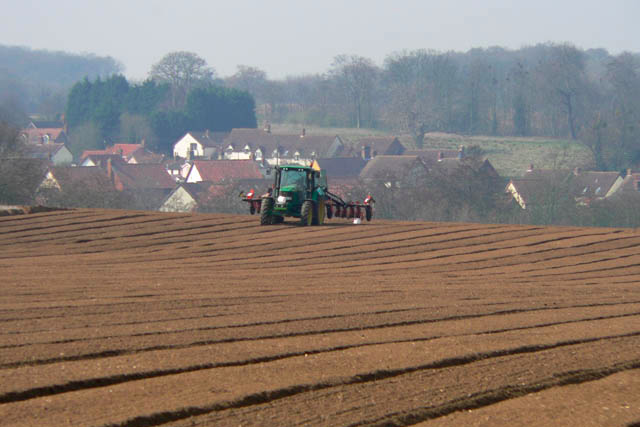
Representatives of NFU Scotland have held their first face-to-face meeting with UK farming minister George Eustice MP, since his appointment to the post last autumn.
NFUS President Nigel Miller and Chief Executive Scott Walker met the minister in Westminster where CAP Reform implementation, convergence funding and coupling were on the agenda.
On convergence, NFUS members across Scotland were justifiably appalled when Defra Secretary of State, Owen Paterson chose in November 2013 not to use new European money to lift Scotland’s poor support levels. Following legal advice, NFUS made a request, under Freedom of Information, asking Defra to provide details on how it had arrived at that budgetary decision. A response to that request has been received and is being studied by NFUS to establish if there is a legal route to challenge the decision.
A review of budgetary allocations has been promised by Defra, and NFUS is keen to firm up on timetables and terms of reference for that review, scheduled to start in 2016.
Speaking after the meeting, Mr Miller said: “The budgetary allocation announcement angered many Scottish farmers. With the promised review, the UK Government has accepted the situation can change but we need to firm up on the timetable and establish the review parameters.
“We believe a solid roadmap on convergence must be established, the review completed with urgency and a clear timetable set for bringing parity in budgets between all the regions of the UK. We remain convinced that a convergence process is fundamental to a truly common policy and the delivery of fair area support. Without it, Scottish farms will always be at a competitive disadvantage.
“We also wanted to impress on the minister the importance that coupling payments might have in mitigating the impact of CAP Reform and significantly reduced support budgets in Scotland.
“The UK has the ability to open the door for coupled area top up support to be used in Scotland’s huge rough grazing area. Such an approach, targeting support to active producers, may solve Scotland’s rough grazing trap which could, if unchecked, destock some of the most productive hills and vulnerable uplands.
“But with time closing in on the reform process, decisions need to be made now.
“Both convergence and coupling have the potential to solve real problems in delivering CAP reform in Scotland’s hills. It will also benefit every Scottish producer as, by using our limited budget more efficiently, it will help determine the area payment levels all over Scotland.
“The UK role in Scotland’s CAP reform implementation is limited but it controls the foundation of support - the budget. And through coupling, it controls a vital lever that allows support to be targeted at production.
“Today was a very welcome opportunity to discuss these issues with the minister and his staff.”
